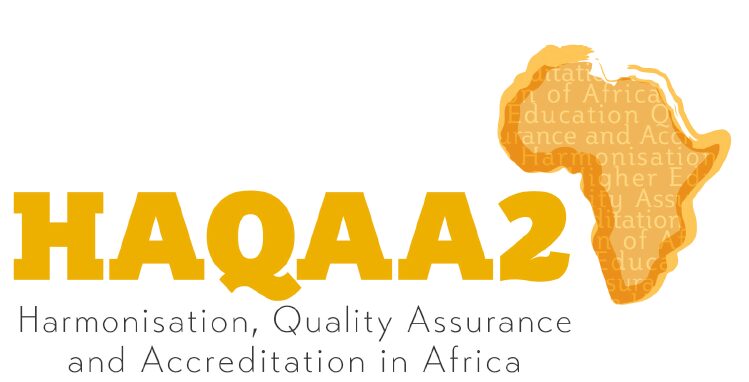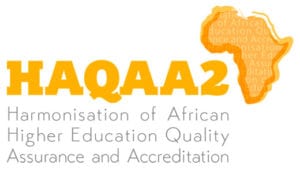A new chapter for the Bologna Process: The EHEA Ministerial Conference
By Deirdre Lennan, European Commission
The 2020 Ministerial Conference of the European Higher Education Area (EHEA), which took place on November 18-20, 2020, provided an opportunity to foster a debate on common objectives for the next decade of the EHEA so as to ensure a better future for higher education systems and societies. The EHEA envisions an area where students, staff and graduates can move freely to study, teach and do research. The Area strives to achieve this through a unique, voluntary cooperation, where public authorities and higher education stakeholders’ work together to define and achieve shared goals.
The 2020 Conference marked 21 years of the EHEA. The Communiqué adopted provides important principles, such as the creation of conditions for equal access to higher education – inclusiveness; introduction of new methods and practices of training connected with scientific researchers – innovation; expansion of international cooperation, academic mobility of students and teachers for exchange of knowledge and best practices – interconnectedness. Recommendations to improve the quality of higher education were also proposed.
The following are some of the key highlights of the communiqué:
- The Bologna Follow-Up Group (BFUG) is to develop a framework for the enhancement of the fundamental values of the EHEA (Annex I[1]).
- It reaffirms the commitment to fostering ethics, transparency and integrity in and through education and research.
- It commits to reinforcing social inclusion and enhancing quality education, using fully the new opportunities provided by digitalization.
- It adopts the “Principles and Guidelines to Strengthen the Social Dimension of Higher Education in the EHEA” (Annex II[2]).
- It recognizes the importance of safeguarding student rights through legislation.
- It supports higher education institutions in intensifying their search for solutions to the challenges our societies face; swift up-dating of knowledge, skills and competences; flexible and open learning paths and adopts the “Recommendations to National Authorities for the Enhancement of Higher Education Learning and Teaching in the EHEA” (Annex III[3]).
- It commits to investing in the development of digital skills and competences for all.
- It reaffirms the EU target of at least 20% of those graduating in the EHEA should have a study or training experience period abroad.
- It commits to completing and further developing the National Qualifications Frameworks compatible with the Overarching Framework of Qualifications of the European Higher Education Area (QF-EHEA).
- It commits to ensure automatic recognition of academic qualifications and periods of study within the EHEA.
- It welcomes the European Qualifications Passport for Refugees and will support further broadening its use in EHEA systems.
- It acknowledges the progress made in the development of quality assurance systems aligned with the ESG, and commits to ensuring that our external quality assurance arrangements cover transnational higher education in the EHEA.
- It welcomes the adoption of the UNESCO Global Convention on the Recognition of Qualifications concerning Higher Education and commit to ratifying it promptly.
Implementation of the above will rely on support from the Bologna Follow Up Group (BFUG), efforts at national level, the Erasmus Programme and other mobility and cooperation instruments. The new phase of Erasmus+ 2021-2027 is already increasing focusing significantly on inclusion and diversity, digital transformation and the first call will already include many opportunities to advance the EHEA agenda.
Ministers also recommitted to international dialogue on higher education values, policies, and reforms, drawing on the experiences of the EHEA as well as those of other areas of the world, Africa being one of them. Commissioner Sarah Anyang Agbor, Commissioner for Human Resources, Science and Technology of the African Union Commission, made an intervention on the Global Dialogue panel “Moving towards 2030: what global cooperation in higher education should look like and how to build it”, which was particularly well received. The panelists discussed the rationale for a global policy dialogue on HE, how future global cooperation in HE can be built and how HE policies and institutions can contribute to achieving the United Nations Sustainable Development Goals by 2030. It concluded that a successful global dialogue should be inclusive, equitable, sustainable, monitored and purposeful. Commissioner Agbor highlighted the current higher education integration processes at play in Africa and the African harmonization goals.
[1]to the Rome Ministerial Communiqué: Statement on Academic Freedom
[2]to the Rome Ministerial Communiqué: Principles and Guidelines to Strengthen the Social Dimension of Higher Education in the EHEA
[3]to the Rome Ministerial Communiqué: Recommendations to National Authorities for the Enhancement of Higher Education Learning and Teaching in the EHEA

